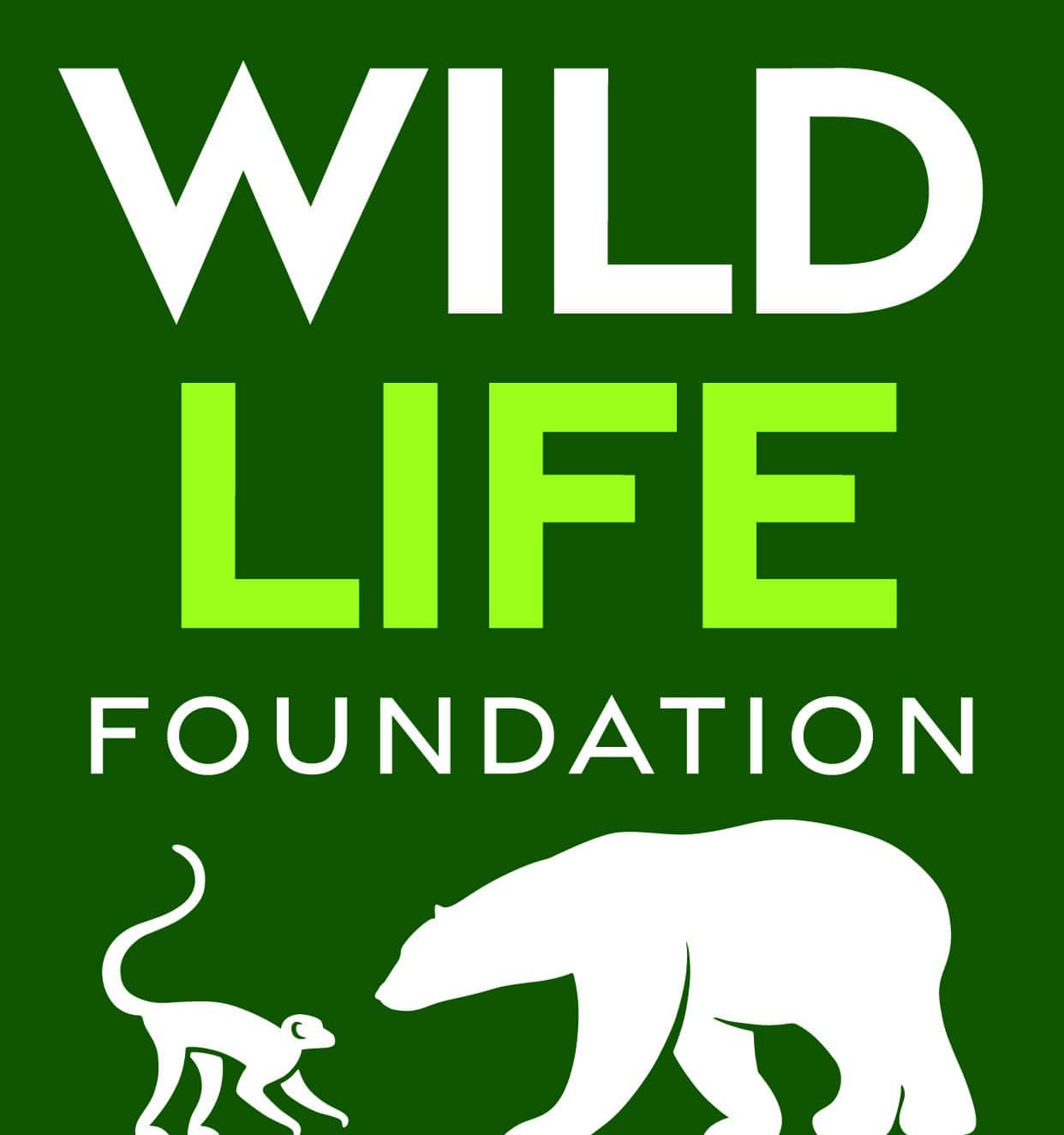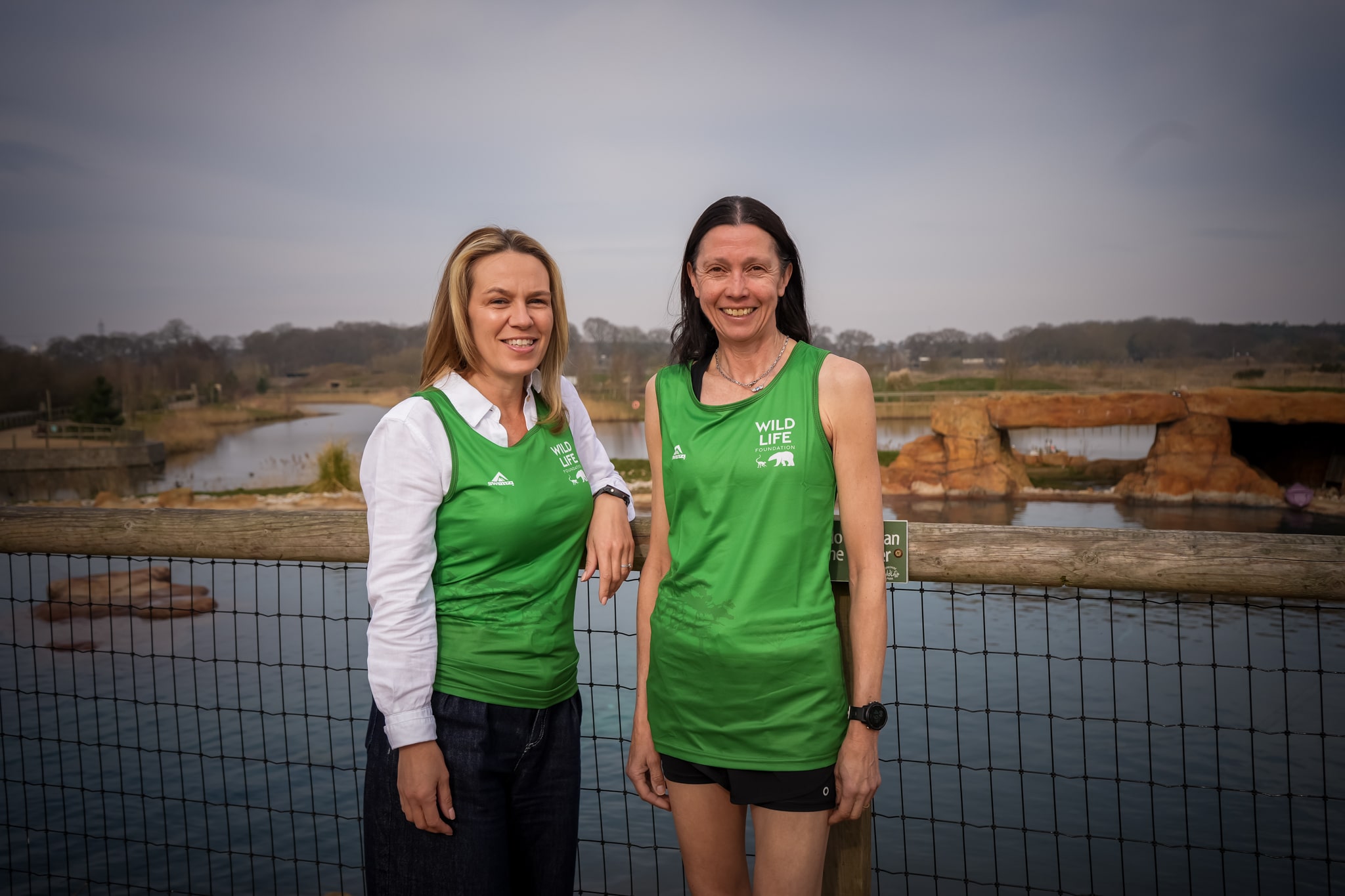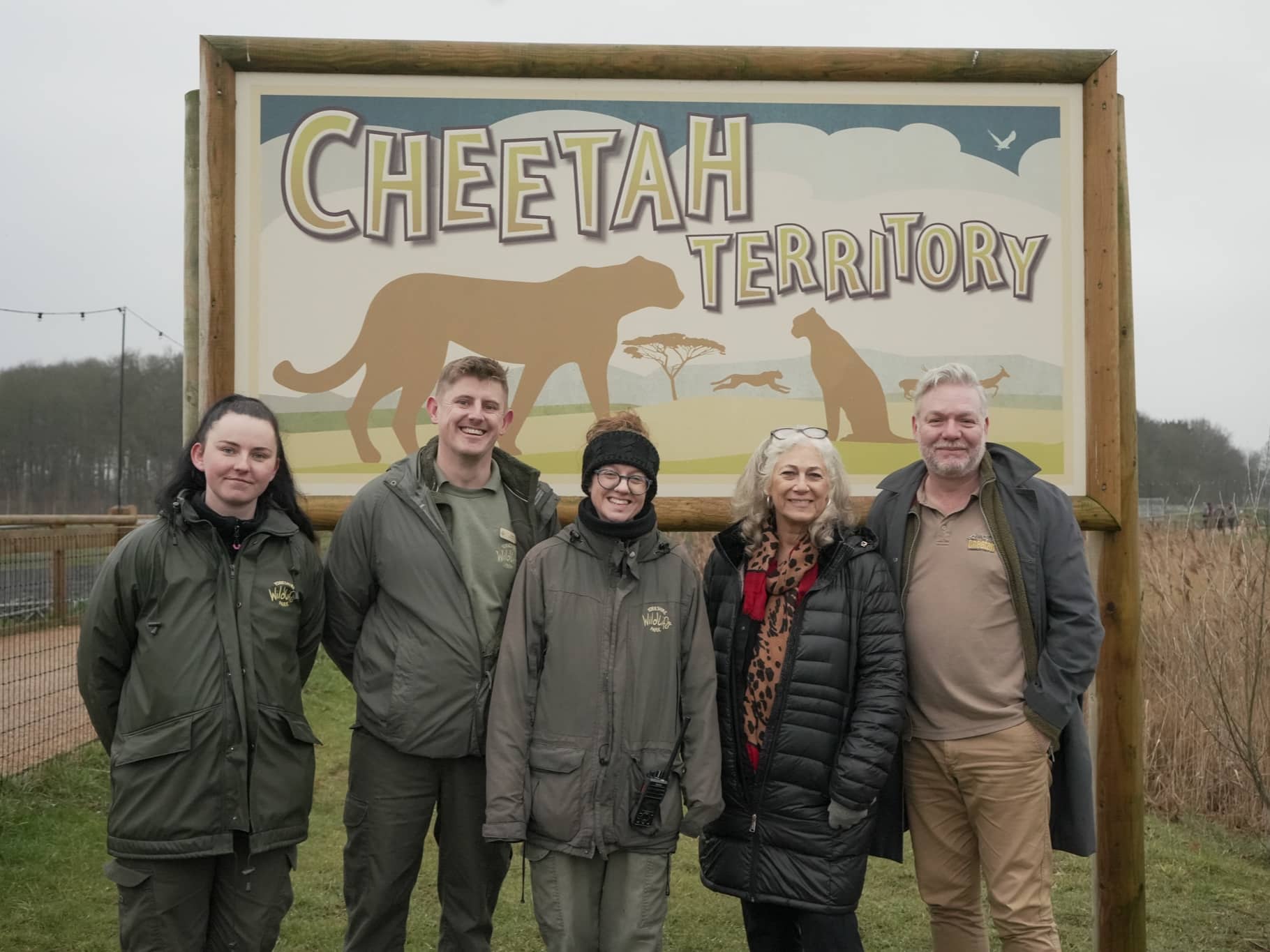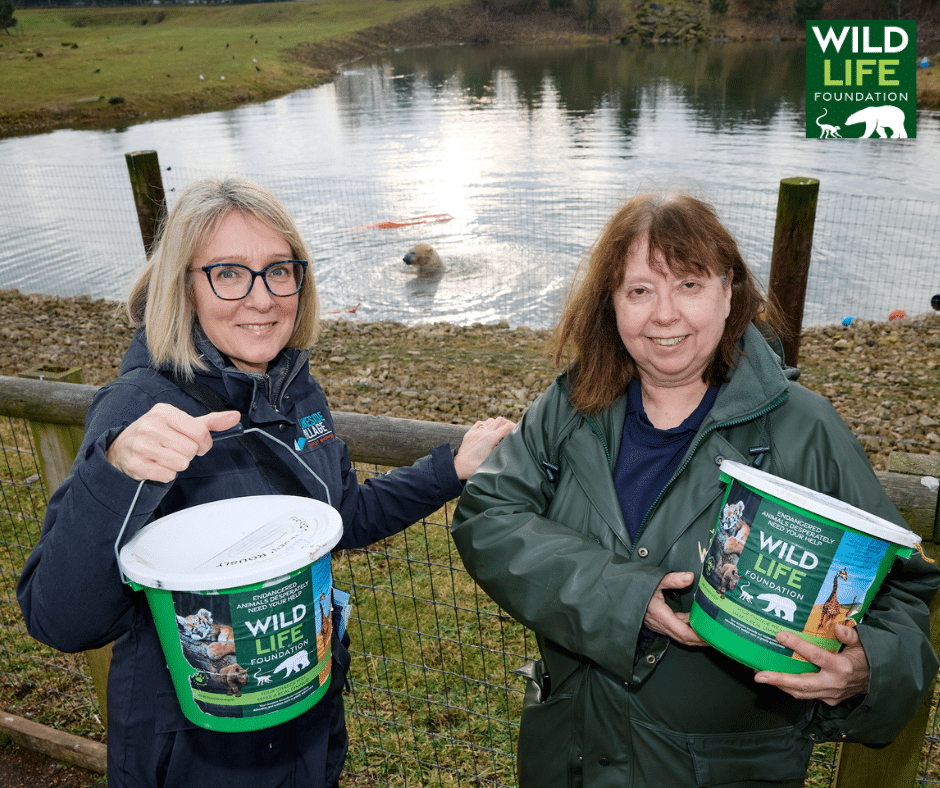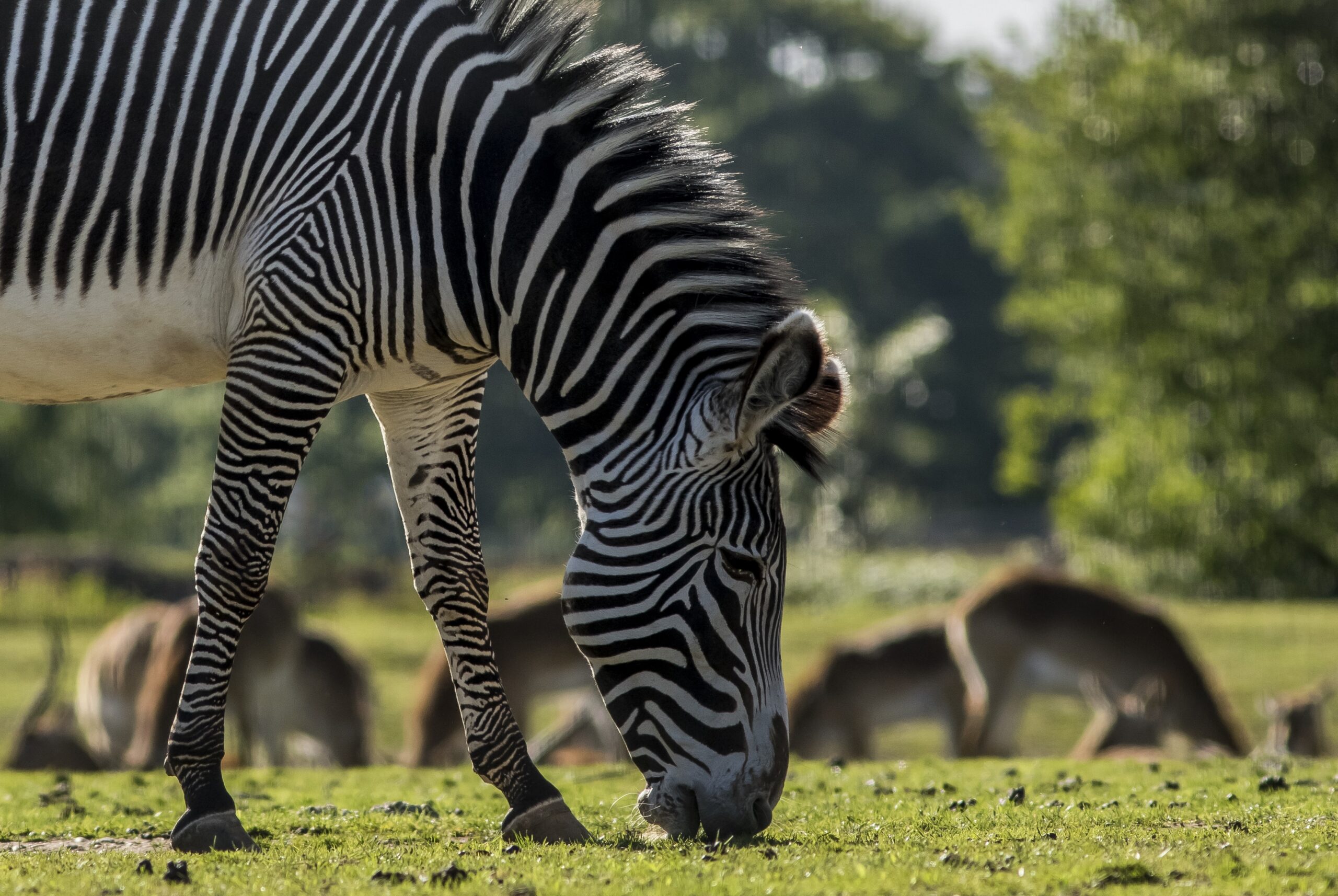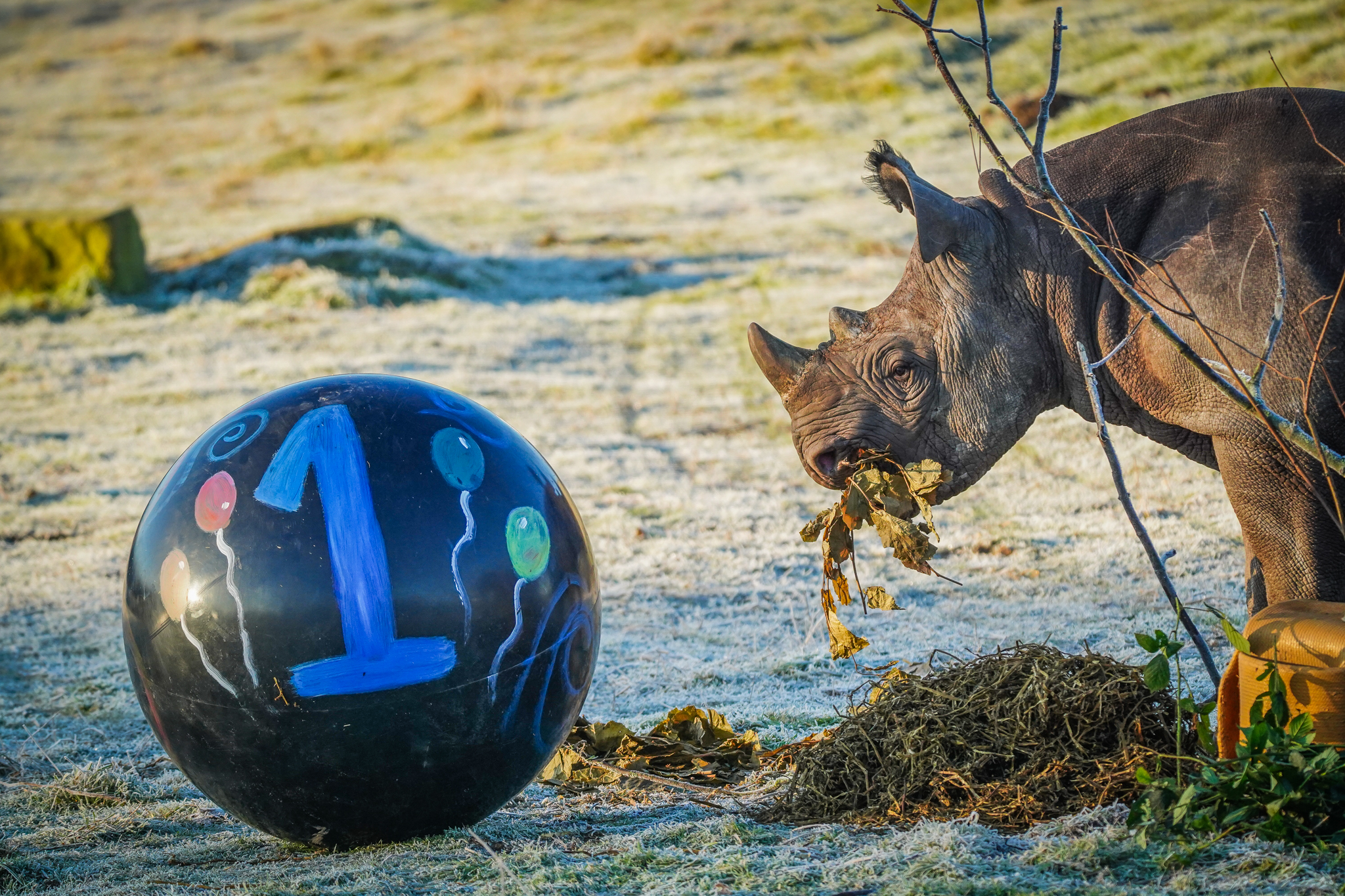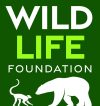Today is the first day of Great Big Green Week, which is running from 18 – 26 September 2021, and will be the largest event for climate and nature ever seen in the UK. This week, we celebrate the ways in which communities are taking action to tackle climate change and protect green spaces, and encourage others to get involved too!

To mark Great Big Green Week, we’d like to shout about the work that our incredible partner organisations have been doing to tackle climate change and the consequences it is having on animals. We hope you’ll forgive us for tooting our own horn, too – we want to let you know how your generous donations go towards protecting our planet and the animals that call it home!
 One of the most iconic animals that we support is probably the Polar Bear – and they’re also one of the animals most threatened by climate change. Their sea ice home is disappearing, with 83,700m2 lost since 1979. At the current rate of decline, populations may collapse by 2100. Our flagship initiative, Project Polar, works with communities around the world to educate people about the serious threats that polar bears are facing. The project is part of our work with our partners Polar Bears International, and aims to create an international centre for conservation, rehabilitation and research to improve the welfare of polar bears in captivity and in the wild. Project Polar educates people all over the world about the affects of climate change, including contributing to education programmes in the Polar Bear range states of Canada, Greenland, Russia and Norway. Find out more about Project Polar.
One of the most iconic animals that we support is probably the Polar Bear – and they’re also one of the animals most threatened by climate change. Their sea ice home is disappearing, with 83,700m2 lost since 1979. At the current rate of decline, populations may collapse by 2100. Our flagship initiative, Project Polar, works with communities around the world to educate people about the serious threats that polar bears are facing. The project is part of our work with our partners Polar Bears International, and aims to create an international centre for conservation, rehabilitation and research to improve the welfare of polar bears in captivity and in the wild. Project Polar educates people all over the world about the affects of climate change, including contributing to education programmes in the Polar Bear range states of Canada, Greenland, Russia and Norway. Find out more about Project Polar.
 At home, we’re also working to protect polar bears. Our ongoing campaign 18°C or Below aims to make a difference to global climate change, one degree at a time. By encouraging everybody to ensure their home thermostat is set to 18 degrees or below, we can reduce a huge amount of C02 emissions that would otherwise be wasted. Find out more about the project here.
At home, we’re also working to protect polar bears. Our ongoing campaign 18°C or Below aims to make a difference to global climate change, one degree at a time. By encouraging everybody to ensure their home thermostat is set to 18 degrees or below, we can reduce a huge amount of C02 emissions that would otherwise be wasted. Find out more about the project here.
 WildLife Foundation have also been a key player in working with the International Union for Conservation of Nature [IUCN] to produce its `Guidelines for Assessing Species Vulnerability to Climate Change’, a landmark report by twenty leading sciences from around the world, all working hard to protect species that are impacted by climate change. This report for conservation professionals outlined the methodology for monitoring species so that we can get consistent data to give us the whole picture of just how badly wildlife is being affected by changing weather patterns. The example studies in the report are pretty hard-hitting. It shows that biodiversity all over the world is at risk as habitats are lost, and many animals could become extinct if things do not change. More recently, we also helped to produce these guidelines in Spanish, so they can help professionals in more countries across the world. Find out more.
WildLife Foundation have also been a key player in working with the International Union for Conservation of Nature [IUCN] to produce its `Guidelines for Assessing Species Vulnerability to Climate Change’, a landmark report by twenty leading sciences from around the world, all working hard to protect species that are impacted by climate change. This report for conservation professionals outlined the methodology for monitoring species so that we can get consistent data to give us the whole picture of just how badly wildlife is being affected by changing weather patterns. The example studies in the report are pretty hard-hitting. It shows that biodiversity all over the world is at risk as habitats are lost, and many animals could become extinct if things do not change. More recently, we also helped to produce these guidelines in Spanish, so they can help professionals in more countries across the world. Find out more.
 Alongside the above initiatives, pretty much every project we support has a link – whether direct or indirect – to climate change. Often activities that cause climate change also threaten endangered animals, such as deforestation, which is threatening Ghana’s Roloway Monkeys, South America’s Giant Otters, and Madagascar’s Greater Bamboo Lemurs. Sometimes climate change is the reason that the animals we support are in danger, like Principe Island’s Sea Turtles. You can read more about the animals we support here, and the projects we fund all over the world here.
Alongside the above initiatives, pretty much every project we support has a link – whether direct or indirect – to climate change. Often activities that cause climate change also threaten endangered animals, such as deforestation, which is threatening Ghana’s Roloway Monkeys, South America’s Giant Otters, and Madagascar’s Greater Bamboo Lemurs. Sometimes climate change is the reason that the animals we support are in danger, like Principe Island’s Sea Turtles. You can read more about the animals we support here, and the projects we fund all over the world here.
